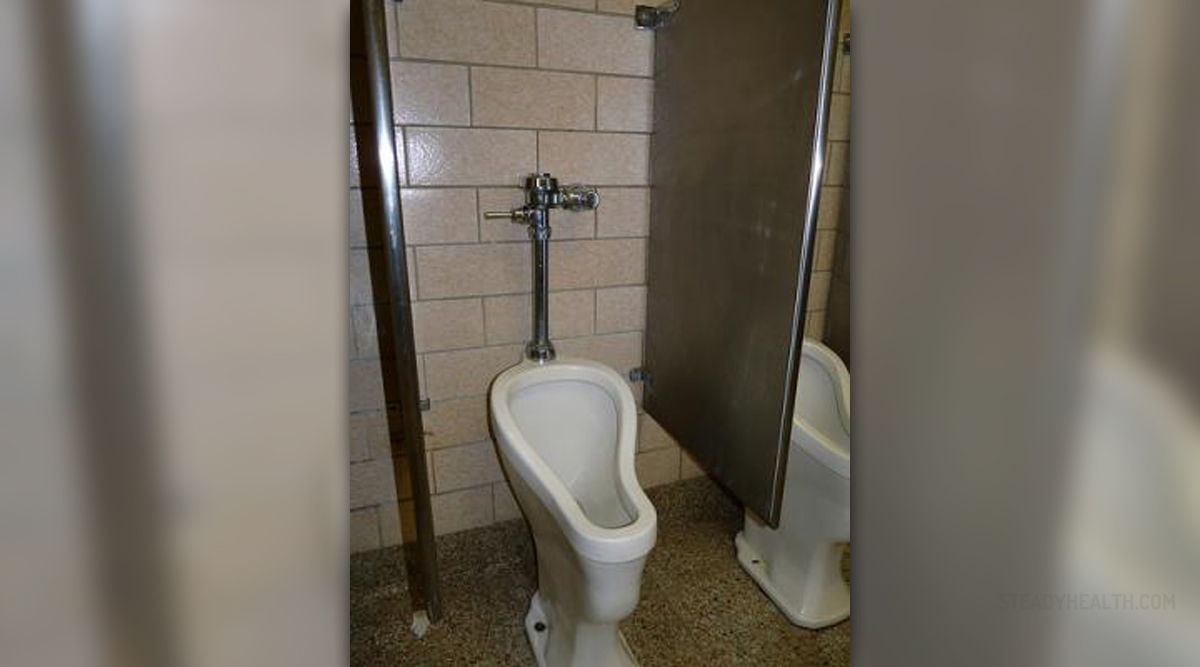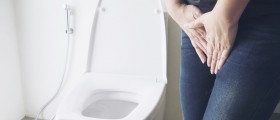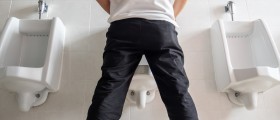
It is not uncommon for the men who reach a certain age to start experiencing some problems with urination, especially with the frequent need to urinate. Most elderly people feel like they “need to go” very often. However, if a person is experiencing this, they should not just dismiss it as one more sign of aging and they should consider having a check-up in order to make sure that there are no underlying medical causes of their frequent urination.
Frequent urination
Frequent urination means that a person almost always feels the urge to urinate, more often than it is usual. It can be accompanied by a sensation of discomfort in the bladder and it is different from urgent urination, where the need to urinate is compelling.
Nocturia is the term used to describe the urge to urinate during the night, even several times. Normally people can sleep from six to eight hours a night without having to go to bathroom.
Causes of frequent urination
A frequent need to urinate that is accompanied by the urgency is the most common sign of a urinary tract infection. This infection causes the inflammation of the bladder, which reduces its ability to hold urine. When this happens, even a small amount of urine can cause discomfort and the urge to urinate.
Other conditions can cause frequent urination as well, for example diabetes. Interstitial cystitis is a chronic and constant inflammation of bladder which causes similar symptoms and affects more women than men. Other conditions may include different bladder dysfunctions and bladder cancer.
Diuretics and similar medications can cause frequent urination, and so can radiation therapy.
All these can cause frequent urination but one cause that seems to be very common but it is often overlooked is enlarged prostate.
Enlarged prostate
The prostate gland is small, the size of a walnut, and it secretes the fluid that carries the spermatozoids. It surrounds the urethra, a tube which transports the urine through the penis to the outside.
When the prostate enlarges, it puts pressure on the urethra causing urination problems. When the prostate starts to enlarge, the bladder muscles contract more and push the urine. Over the time the muscle grows thicker and more sensitive, resulting in frequent urges to urinate.
Other than problems with urination, an enlarged prostate usually has no other symptoms so it is easily overlooked.
Some signs that may indicate a problem with enlarged prostate include difficulty to start urinating, a stream of urine that is weak and stops and starts again often during urination, dribbling of urine after it is finished, a sensation that there is more urine to expel when there is none, incontinence and a frequent urge to urinate, especially during the night.

















Your thoughts on this
Loading...